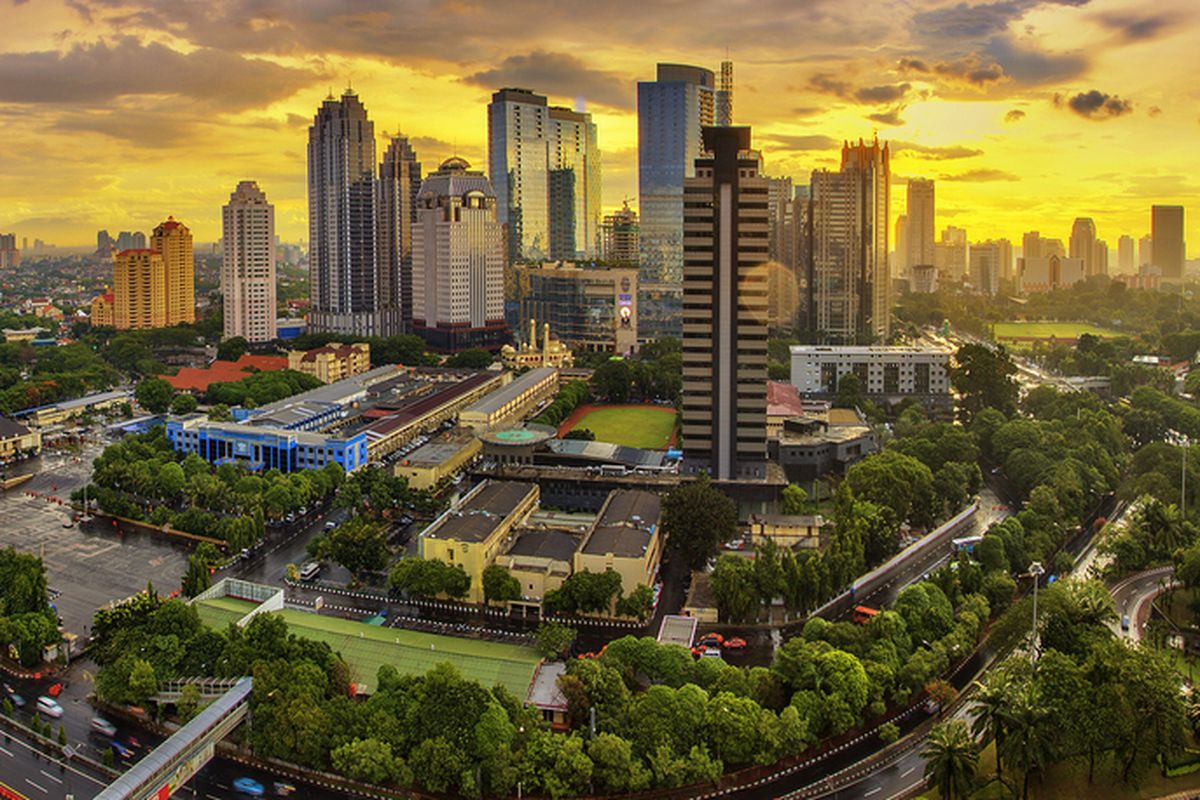World Bank Cuts Indonesia’s GDP Growth Projection to 3.7 Percent This Year

JAKARTA, KOMPAS.com – The World Bank slashed its forecast for Indonesia’s economic growth to 3.7 percent from 4.4 percent estimated in April this year following the devastating Covid-19 infections driven by the more virulent Delta variant in June.
“The Covid-19 Delta variant hit hard the Indonesian economy this year. But, Indonesia has been taking an early measure to implement its mass vaccination program and to speed up vaccination rate,” said World Bank East Asia and Pacific Chief Economist Aaditya Mattoo in a briefing on Tuesday, September 28.
“Hopefully, the vaccination will cover a huge proportion in the middle of next year,” Mattoo added.
The spread of the Delta variant has slowed the economic recovery in this region, according to the World Bank's East Asia and Pacific Fall 2021 Economic Update.
Also read: Indonesia Categorized as Lower Middle-Income Country: World Bank
Mattoo said the coronavirus will damage the economy in a long run and may persist. In a short-term period, the ongoing pandemic will prolong human and economic hardship, if it fails to adapt. In a long-term period, the impact of Covid-19 could reduce growth and increase inequality in the region, unless countries manage to overcome the problems and take advantage of the opportunities.
“The policies must help economic players to adapt and make options today to avoid economic slowdowns and disparities in the future,” Mattoo said.
The World Bank has lowered its economic projections for countries in the Asia Pacific region due to the uneven recovery. While China’s economy is projected to grow 8.5 percent this year, the rest of the region is forecast to grow at 2.5 percent, or lower than it was projected at 4.4 percent in April.
The uneven recovery is reflected in the industrial conditions. China, Vietnam, and Indonesia have reached pre-pandemic levels. But Cambodia, Malaysia, and Mongolia would only reach pre-pandemic levels in 2022. Meanwhile, the economic growth in Myanmar, the Philippines, Thailand, and many other countries, will remain below pre-pandemic levels until 2023.
“Labor absorption will decline, poverty will persist, and inequality will increase. Poorer households will likely lose their income and be forced to let go of their productive assets,” said Matto.
In 2022 and 2023, the World Bank said that Indonesian economic growth was projected to increase to 5.2 percent and 5.1 percent, respectively.
(Writer: Fika Nurul Ulya | Editor: Yoga Sukmana)
Simak breaking news dan berita pilihan kami langsung di ponselmu. Pilih saluran andalanmu akses berita Kompas.com WhatsApp Channel : https://www.whatsapp.com/channel/0029VaFPbedBPzjZrk13HO3D. Pastikan kamu sudah install aplikasi WhatsApp ya.































